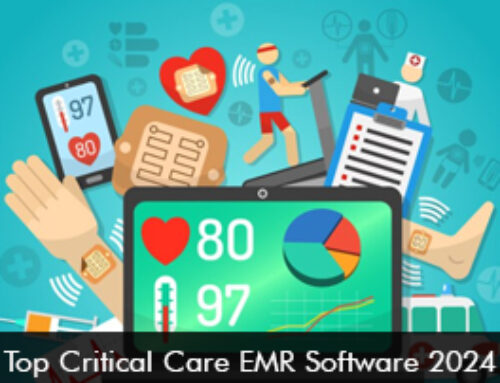Discussions about US healthcare are no doubt intensifying ever since Trump took over the president’s office. With MIPS and MACRA the popular cords in last year’s tune, 2018 seems to singing the “chronic care management” song.
Unfortunately, the constant loops, turns, bumps and corners in our healthcare system can sometimes make keeping up with the new valued based plans and reimbursement models quite a challenge. That’s probably why most of the providers we have met lately seemed to be confused about the Chronic Care Management program. To cater to this lack of information, we have answered some common questions that will make you a Chronic Care Management expert.
What exactly is Chronic care Management?
Chronic Care management (CCM), also known as CPT code 99490, is the new model of medical reimbursement covered by Medicare. It is targeted at making way towards better patient health.
How it is defined by the CMS?
CCM, as defined by the CMS, says that a provider can bill for extra reimbursements just by spending not less than 20 minutes per month in providing continuous care through methods that are non-face-to-face. How can this be done? Through phone calls, secure SMS and video messaging, of course! Interestingly, most of the physicians have already been doing this for free. It’s really good that they will get reimbursed for it now.
Who’s eligible to receive CCM services?
Many people think that since the government is offering it, very few people will be eligible for it. Interestingly this is not the case. Nearly 41% of the U.S. population are eligible to receive these services. Yes, patients that have two or more chronic conditions can easily qualify to receive CCM services.
What are chronic conditions? Name a few.
CMS has already 27 listed chronic conditions that they plan to reimburse if documented properly. These chronic conditions include hypertension, asthma, diabetes, cardiovascular disease, and depression, just to name a few.
Who’s eligible to provide CCM services?
As for who are eligible to provide these services, certified midwives, physicians, nurse practitioners, clinical nurses, and physician assistants can easily qualify to provide and bill for CCM. Interestingly, these services can even be provided by other clinical staff, but that can only happen as long as the primary physician on the care plan has allowed them to do so.
These were the top questions that were asked by people about CMS Chronic Care Management program. If you want to know more about it or want a software that can help you report for it, click here to get free guidance from our EMR Software experts.







